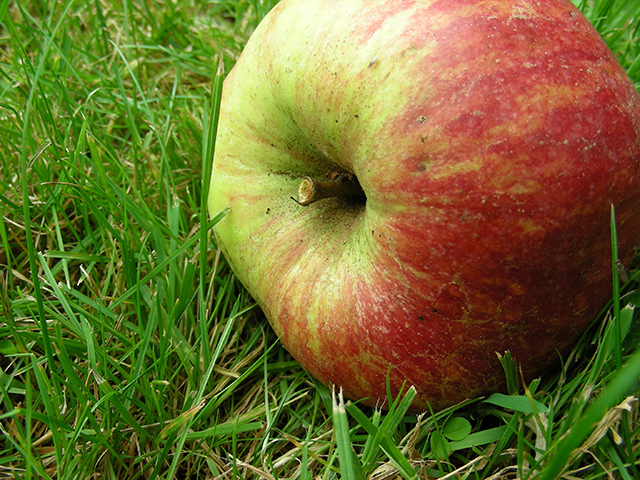Sir Isaac Newton was famously sitting under an apple tree, when a falling apple inspired his revolutionary theories about gravity.
Today, seeds from that very same apple tree have been collected and are being sent to Techniquest along with other specially selected Science Centres and Science Museums all across the UK.

There, science centres and museums can grow their very own Newton’s Apple Tree sharing the science and stories with school children and the public. This unique and rare event is in celebration of the World’s first UNESCO-backed International Science Centre and Science Museum Day.
The apple pips have been donated by National Trust’s Woolsthorpe Manor in Lincolnshire, the birthplace and family home of Sir Isaac Newton. Newton’s tree still flourishes in the orchard there and continues to inspire visitors from all across the world.
“Pips from the tree are currently in space on the International Space Centre, originally sent up with Tim Peake as part of his ‘Principia’ mission. They have certainly travelled far and wide!” said Jannette Warrener, Operations Manager for Woolsthorpe Manor. “I’m delighted to share apple pips with other amazing sites for science across the country and hope that the project will engage young people with the fascinating story of Newton. He truly shaped modern scientific thinking here at Woolsthorpe when he worked on his theory of gravity and also explored light and calculus.”
This project has been made possible through a partnership with The UK Association for Science and Discovery Centres (ASDC), the national charity that brings together the UK’s major science engagement organisations. Together UK Science centres and museums involve 20 million children and adults every year with science through their hands-on science programmes, schools science programmes and community activities.
On Thursday November 10th 2016, Science Centres and Science Museums across the world are joining forces to celebrate International Science Centres and Science Museum Day. The day, backed by UNESCO, recognises at the highest levels the huge contribution that science centres and museums make every day, on every continent, in inspiring young people and families with science.
The CEO of ASDC Dr Penny Fidler said “We are delighted to be able to celebrate the day by sharing Newtons’s apples seeds with families and the public through the impressive network of UK science centres. As a nation and a global society we have some major challenges ahead that will take scientific creativity and entrepreneurship to solve. Science Centres and Museums are at the heart of bringing the latest science to the public across the UK and helping children and adults to get involved with science in a hands-on and inspirational way, building the skills we need to create a better world for the future.”

